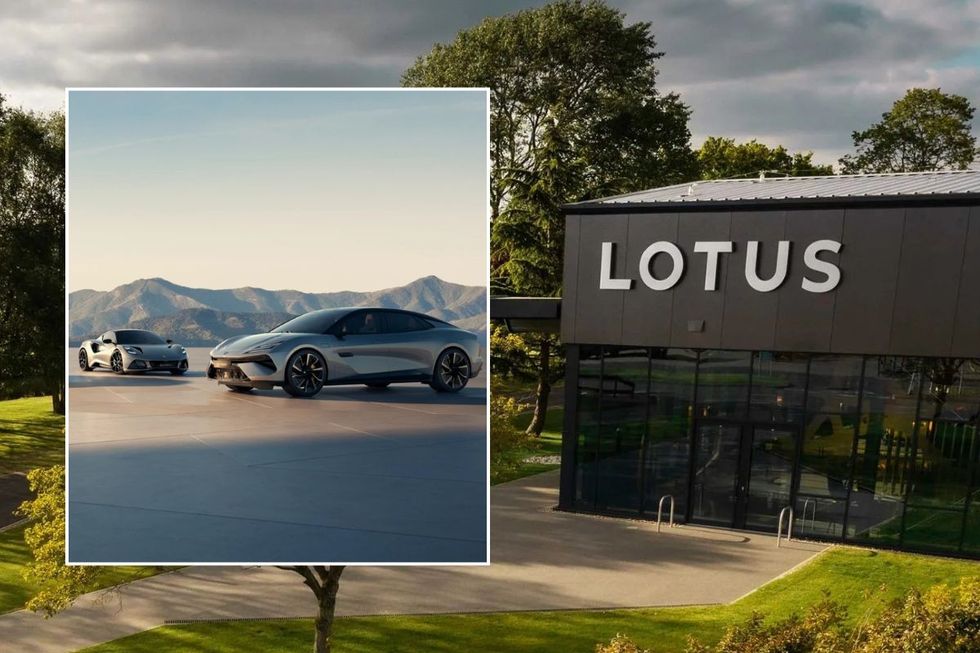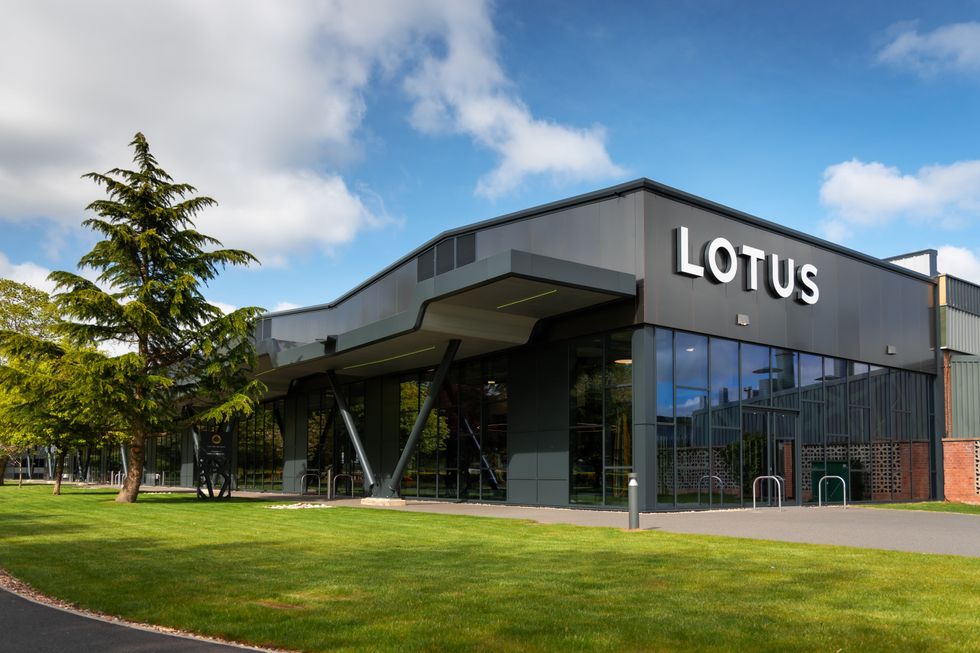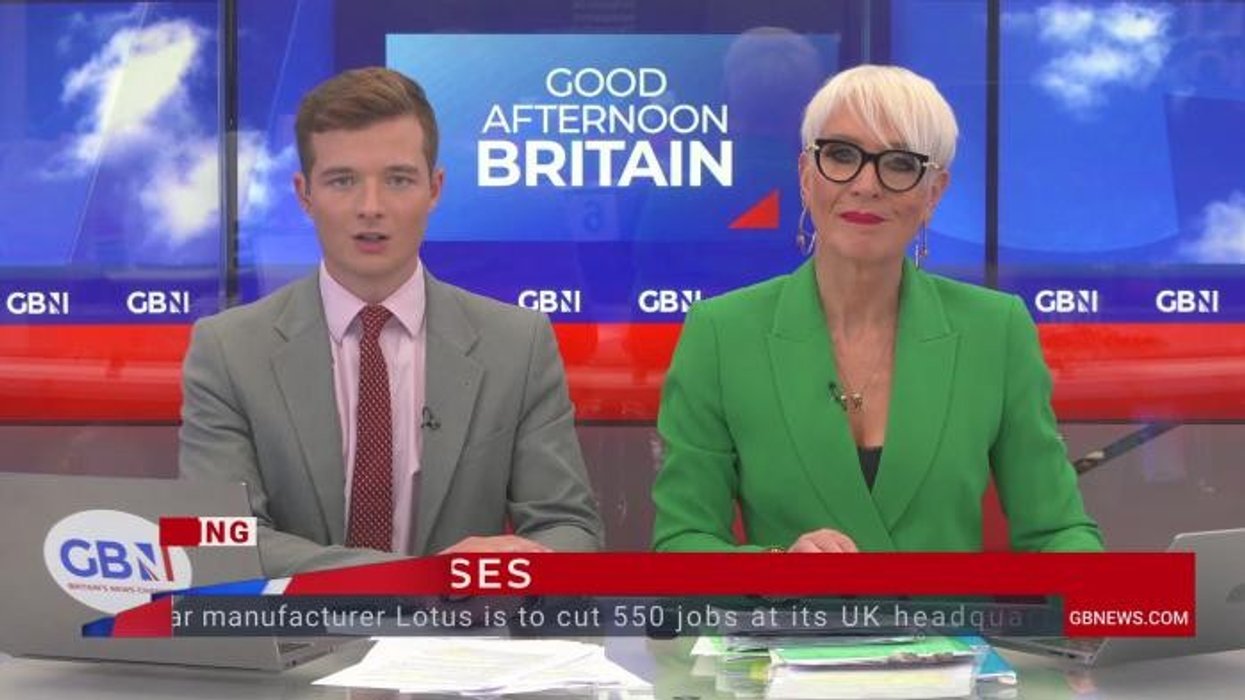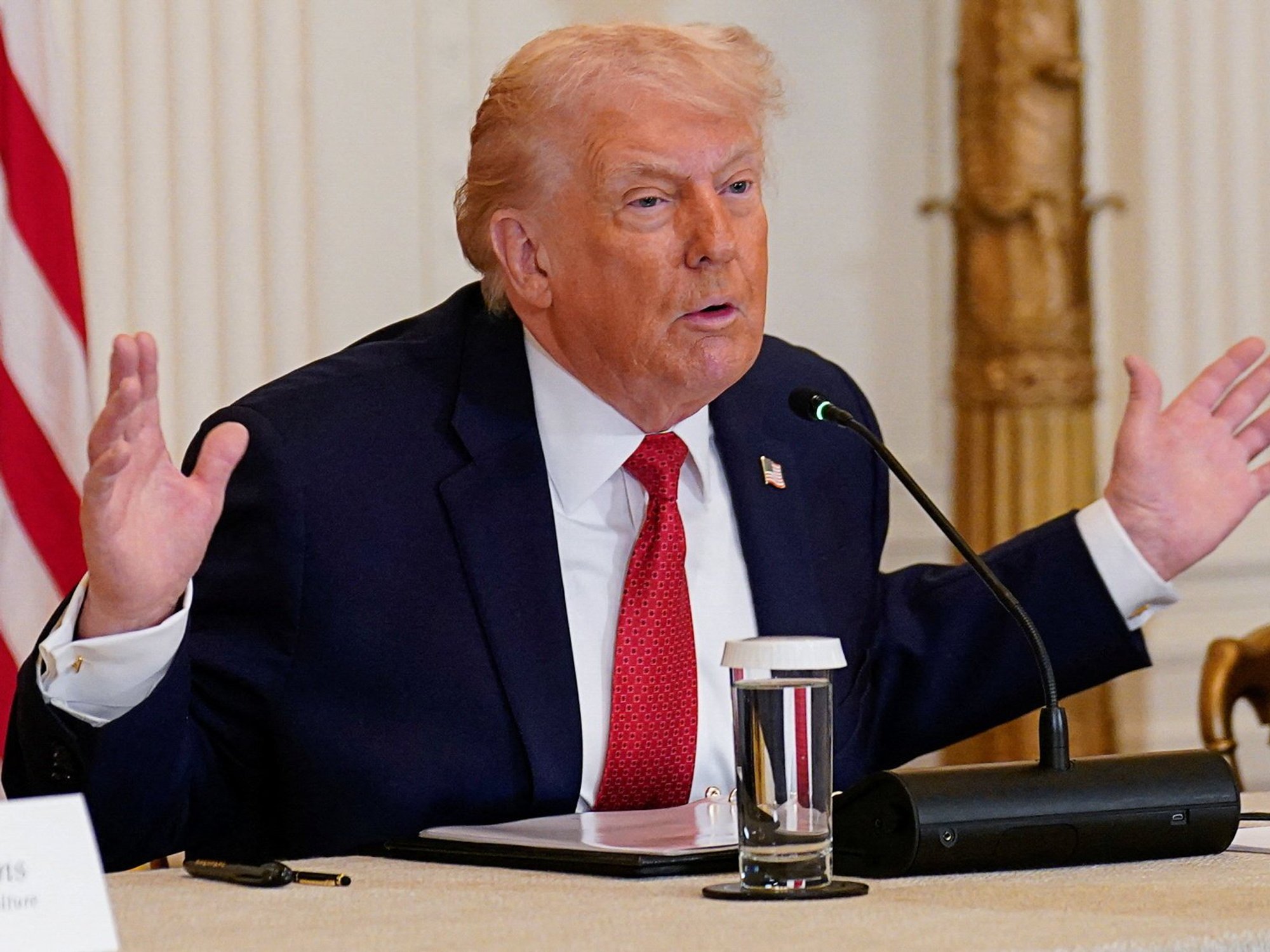Lotus sees revenue plummet £132million as British brand looks to recover after axing 550 jobs

'We are confident that we will further strengthen our operations and deliver sustainable value'
Don't Miss
Most Read
British sports car maker Lotus has seen its sales drop over the last 12 months in newly published figures just days after it confirmed plans to slash 550 jobs in the UK.
In the first half of 2025, Lotus delivered 2,800 vehicles and achieved total revenue of £161million, representing a huge drop compared to the previous year.
A 43 per cent drop in deliveries of its SUVs, sedans and sports cars was seen after an impressive H1 2024, which resulted in 4,904 deliveries and revenue of £294million.
Lotus saw its deliveries of vehicles in Europe, North America and the Rest of the World fall significantly in the first six months of the year.
Do you have a story you'd like to share? Get in touch by emailing motoring@gbnews.uk

Lotus has reported a sharp decline in its revenue compared to last year
|LOTUS
China became the brand's biggest market, securing 50 per cent of deliveries this year, after making up just one-quarter in the first half of last year.
Lotus said the results were a result of a "transitional period" which saw President Donald Trump's automotive tariffs take effect.
The decision had a particularly large impact on small and medium-sized luxury manufacturers who were being hit with a 25 per cent tariff on an already limited market.
Qingfeng Feng, CEO of Lotus, said: "Amidst volatile market conditions, our ability to deliver standout performance in China's fiercely competitive landscape underscores the resilience of our strategy.
 Lotus confirmed that it was committed to its operations in the UK, despite rumours suggesting it could move production abroad | LOTUS
Lotus confirmed that it was committed to its operations in the UK, despite rumours suggesting it could move production abroad | LOTUS"We are grateful to our investors for their confidence in our vision - the recent capital injections have not only fortified our cash positions but will also accelerate our transformation into a next-generation mobility leader.
"We are confident that we will further strengthen our operations and deliver sustainable value for our shareholders over the long-term."
Lotus has also undergone a number of changes relating to the ownership of the company, with Etika Automotive exercising its put option, requiring the company to purchase 49 per cent of equity interests in Lotus Advance Technologies.
Chinese parent company Geely exercised a similar option in April 2025, with Etika now expected to acquire 100 per cent of the equity interests of Lotus UK by 2025, subject to approvals.
LATEST DEVELOPMENTS:
- Petrol and diesel cars to remain on UK roads for decades as drivers refuse electric vehicle switch
- Drivers warned of 'significant and challenging' vehicle barriers amid demands for 'clear actions'
- Labour accused of launching 'war on motorists' as 'spy cameras' could be introduced at car parks across UK
Dr Daxue Wang, CFO of Lotus, also acknowledged the difficulties facing the brand, but highlighted how its gross margin rebounded "meaningfully from the trough".
He added: "We remain committed to enhancing operational efficiency to continue to deliver value for our customers, partners, and shareholders."
Lotus announced last week that it would be axing 550 jobs from its UK business in the near future as part of a restructuring plan.
The decision followed a review of the company's business objectives in line with the volatility of current market conditions.
 Lotus confirmed it was 'actively exploring strategic options' | LOTUS
Lotus confirmed it was 'actively exploring strategic options' | LOTUS A spokesperson for Lotus said: "We believe this is necessary in order to secure a sustainable future for the company in today's rapidly evolving automotive environment, which is seeing uncertainty with rapid changes in global policies including tariffs."
Lotus also clarified that it was fully committed to the UK and its Norfolk base, after months of rumours that it could leave the UK and move operations to the United States.
A Government spokesperson told GB News: "We recognise carmakers such as Lotus have been facing significant long-term challenges, and we know this announcement will be concerning for workers and their families.
"This Government inherited some of the highest industrial energy prices in the world, while businesses most impacted by global tariffs have faced increased pressures."











